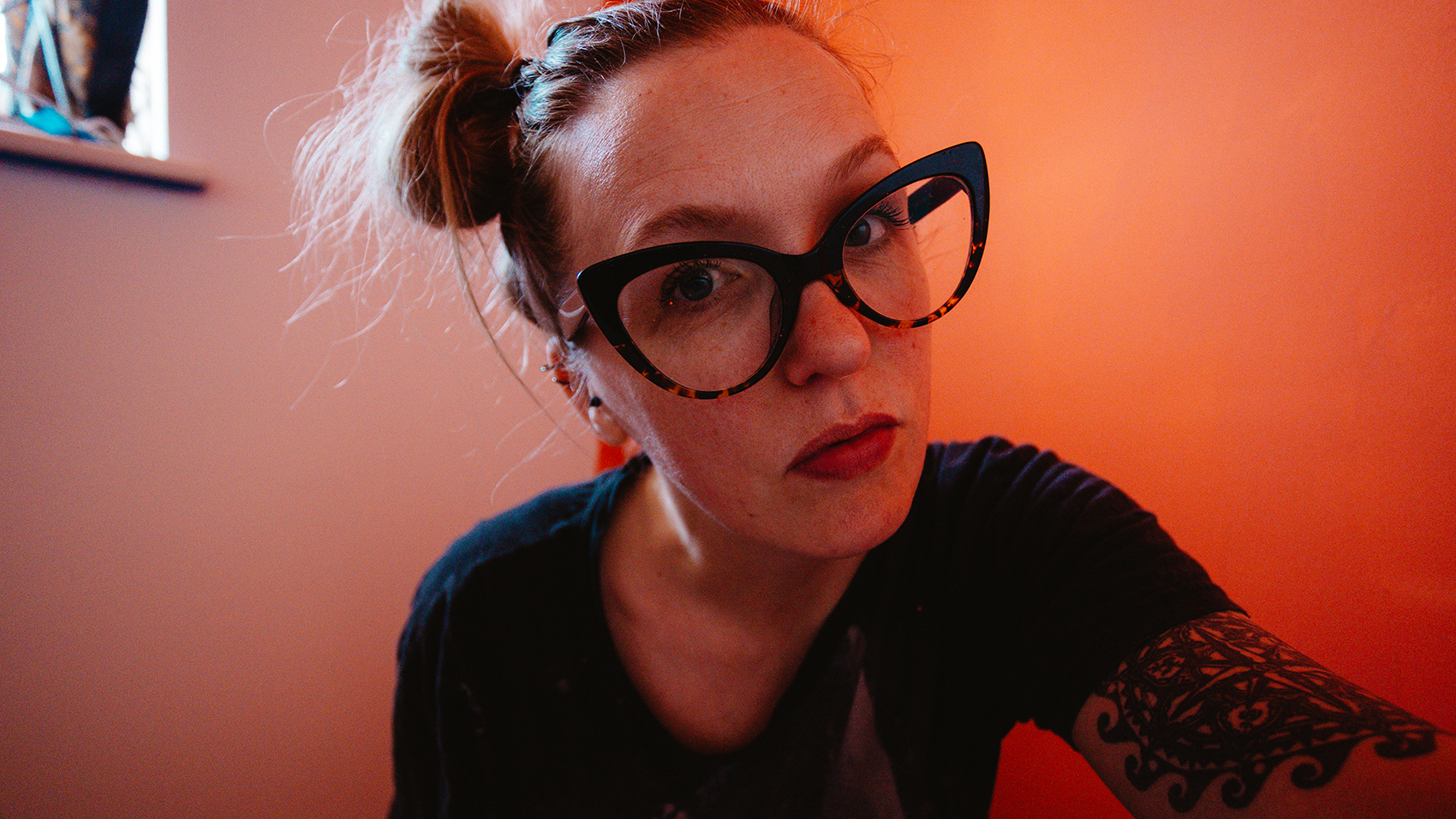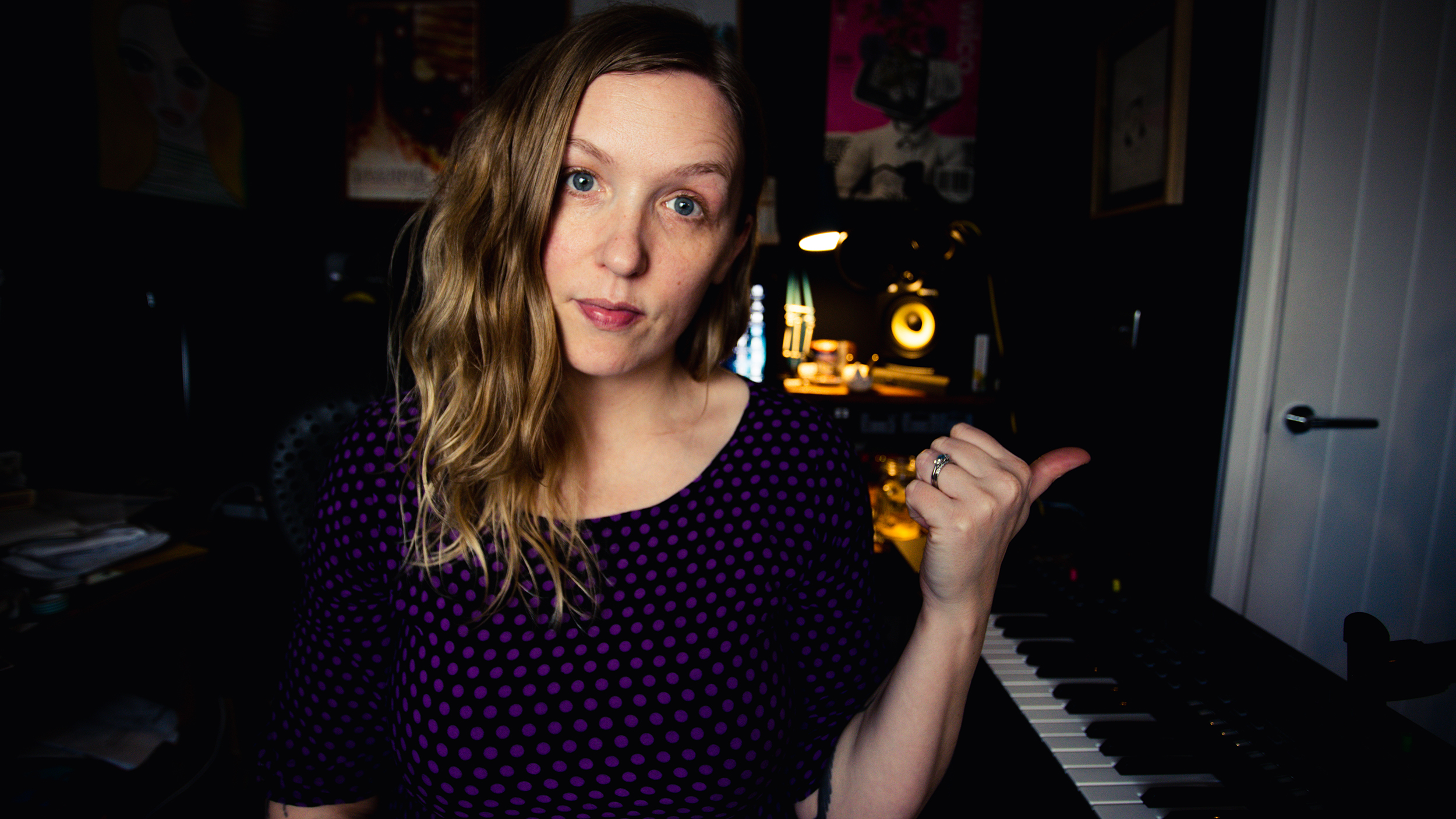My second She Makes War album “Little Battles” just turned 10, so I celebrated with an online gig on 27th April 2022, welcoming you into the new Launchpad for the first time!
Here are three songs from the show: Magpie Heart,. Shields And Daggers and In This Boat.
NEXT:
+ Get studio quality recordings of the full gig here for a limited time, pay what you want/can
+ Watch the full livestream here
THANK YOU for visiting my website! I’m Laura Kidd, a music producer, songwriter and podcaster based in Bristol, UK. It’s great to meet you.
+ Get your copy of my new album “Exotic Monsters” right here.
+ Get two free songs immediately when you sign up for thoughtful letters about art and music.
+ Join my Correspondent’s Club for exclusive member perks, and to power the making of new music, videos and podcast episodes.
+ Browse episodes of my music podcast “Attention Engineer” here and subscribe via your favourite podcast platform.
+ You can also follow me around the web, on YouTube, Twitter, Instagram and Facebook.
Have a lovely day xo

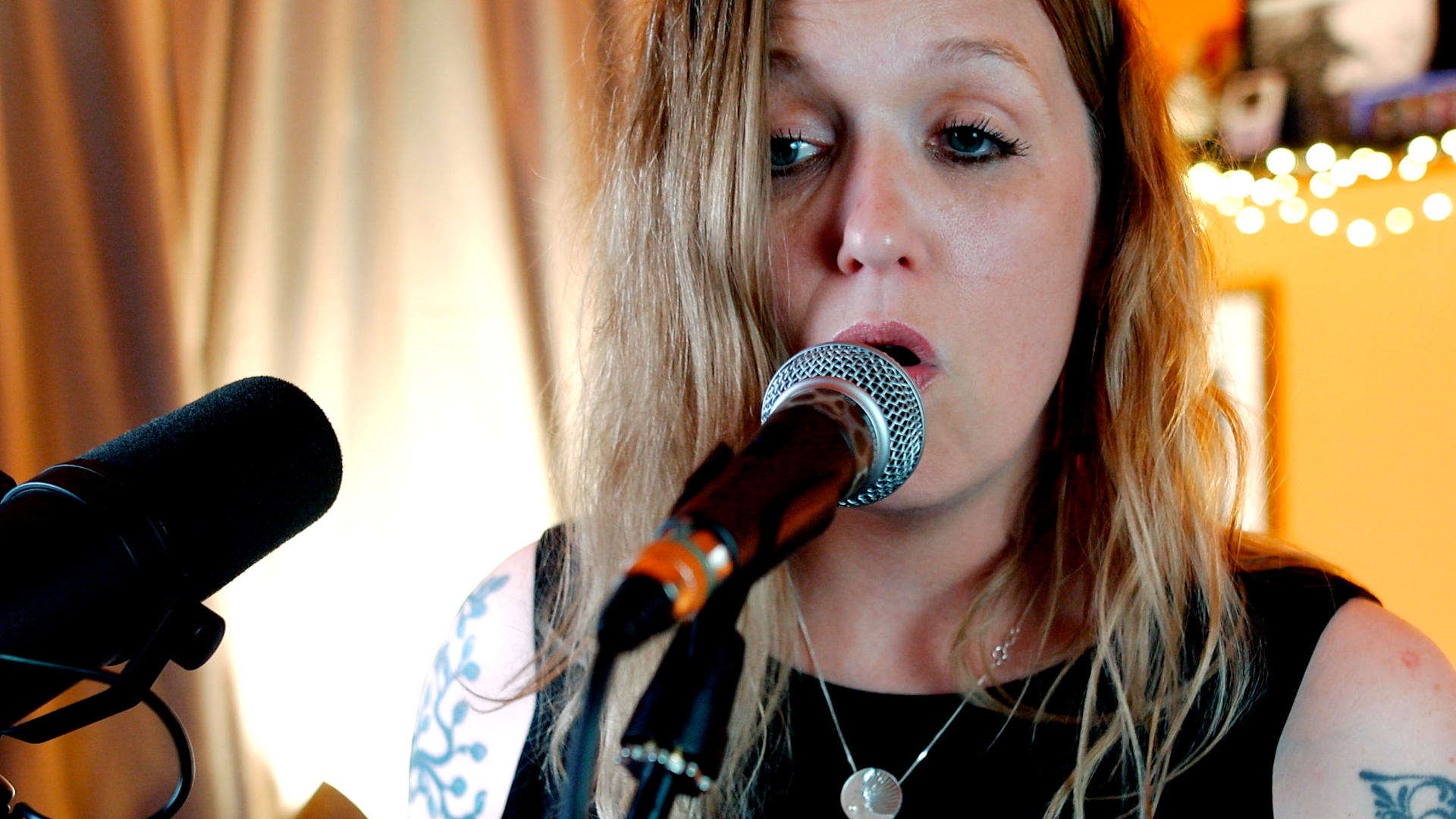
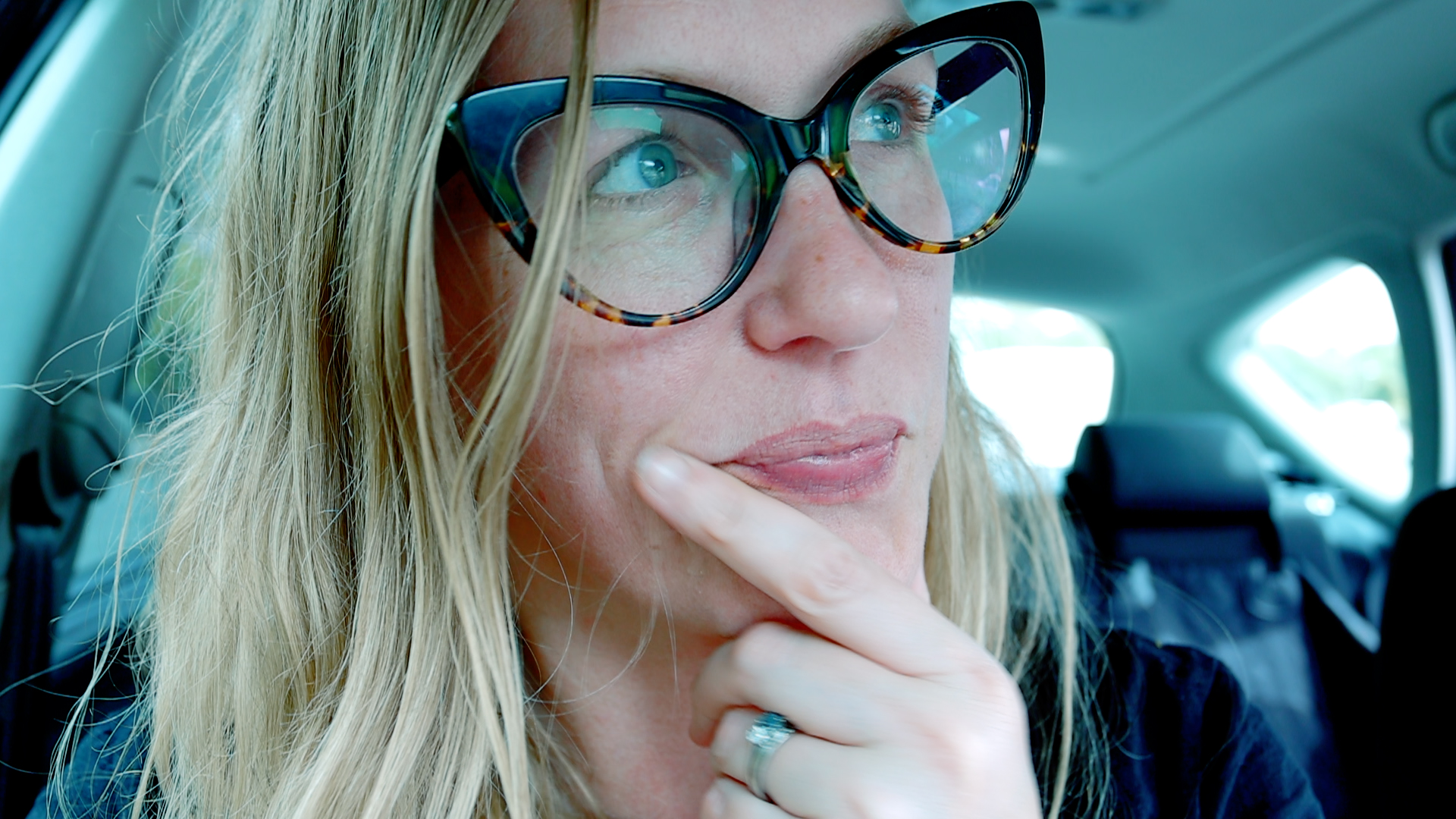
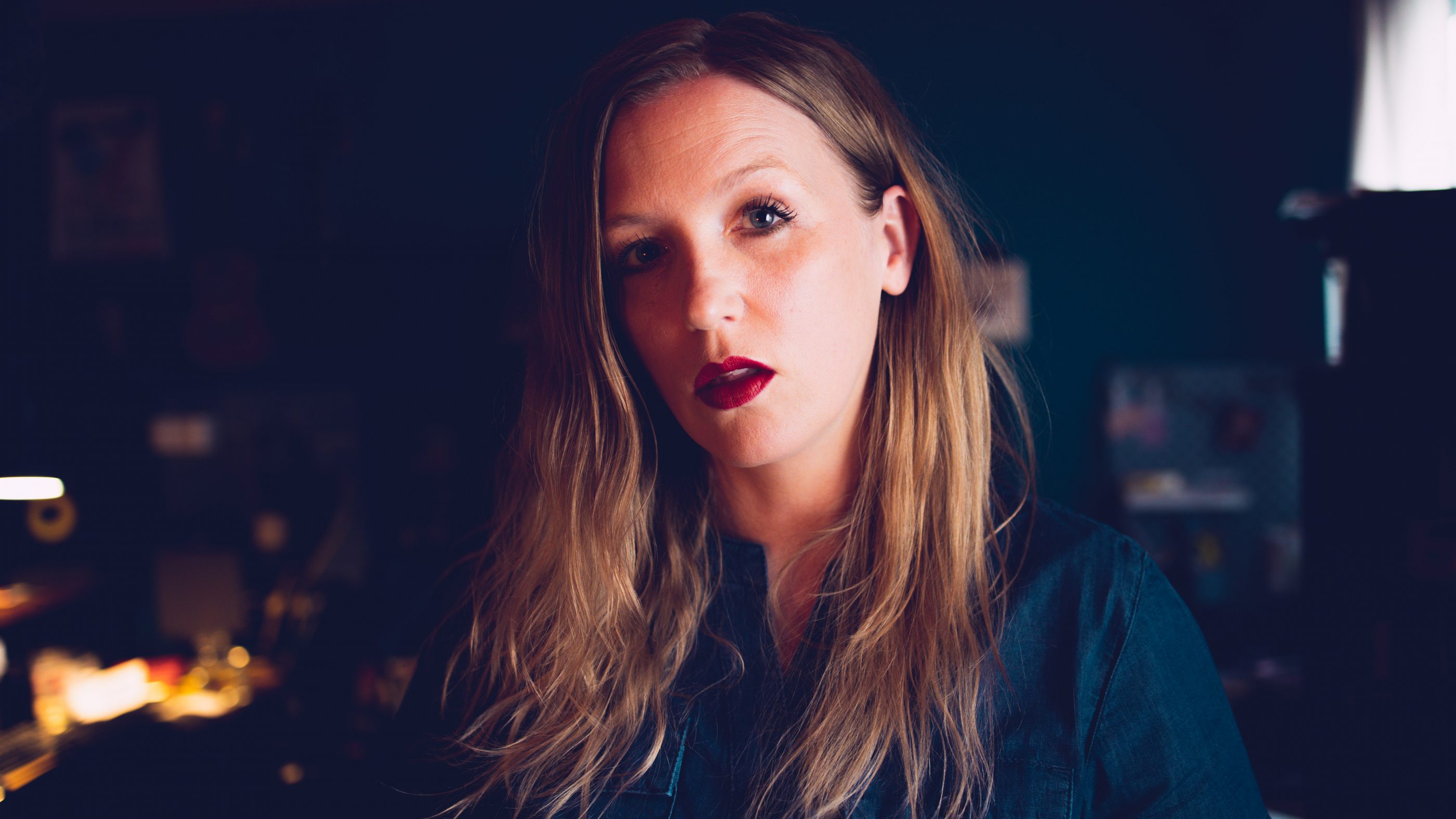


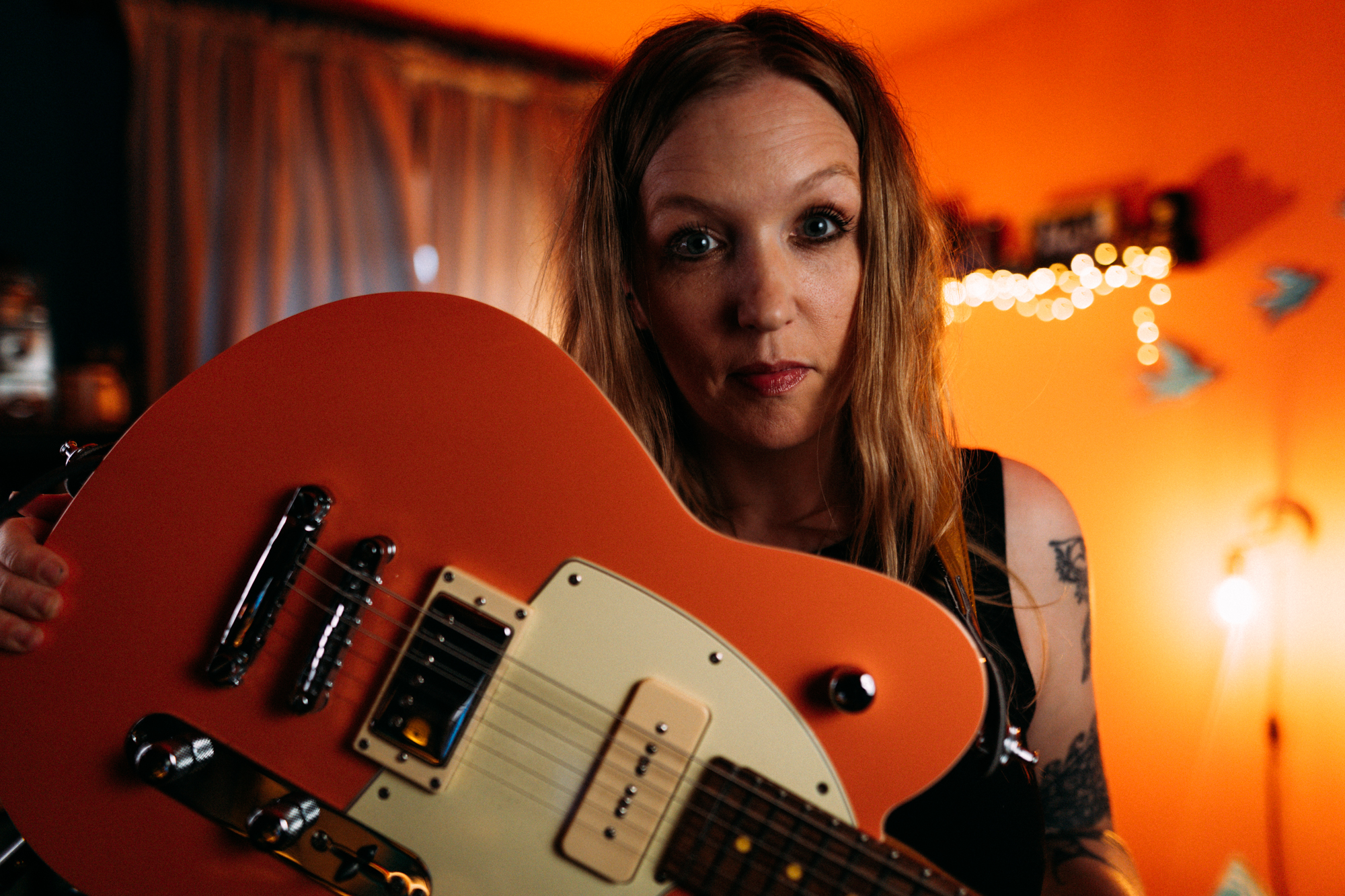
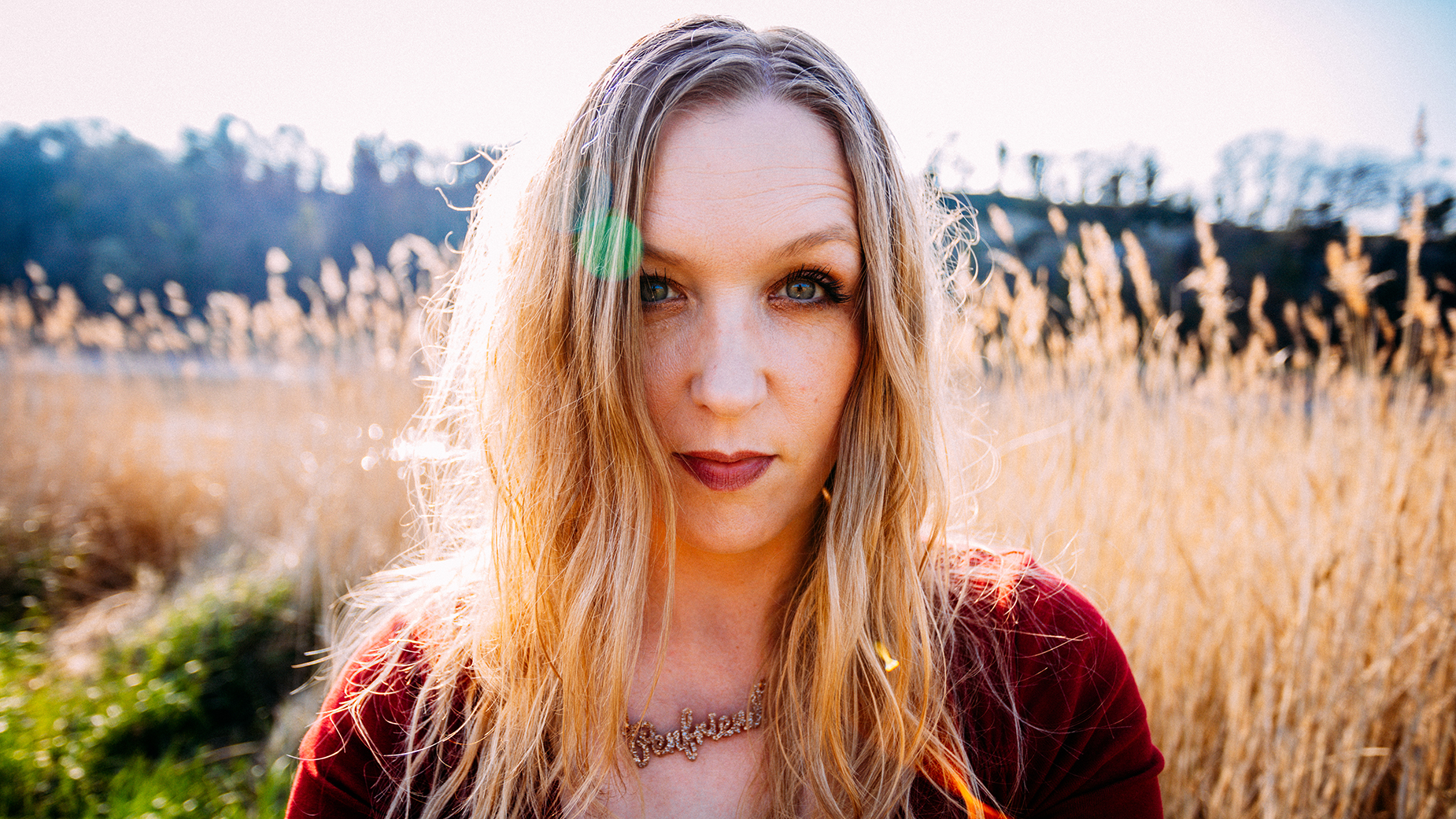
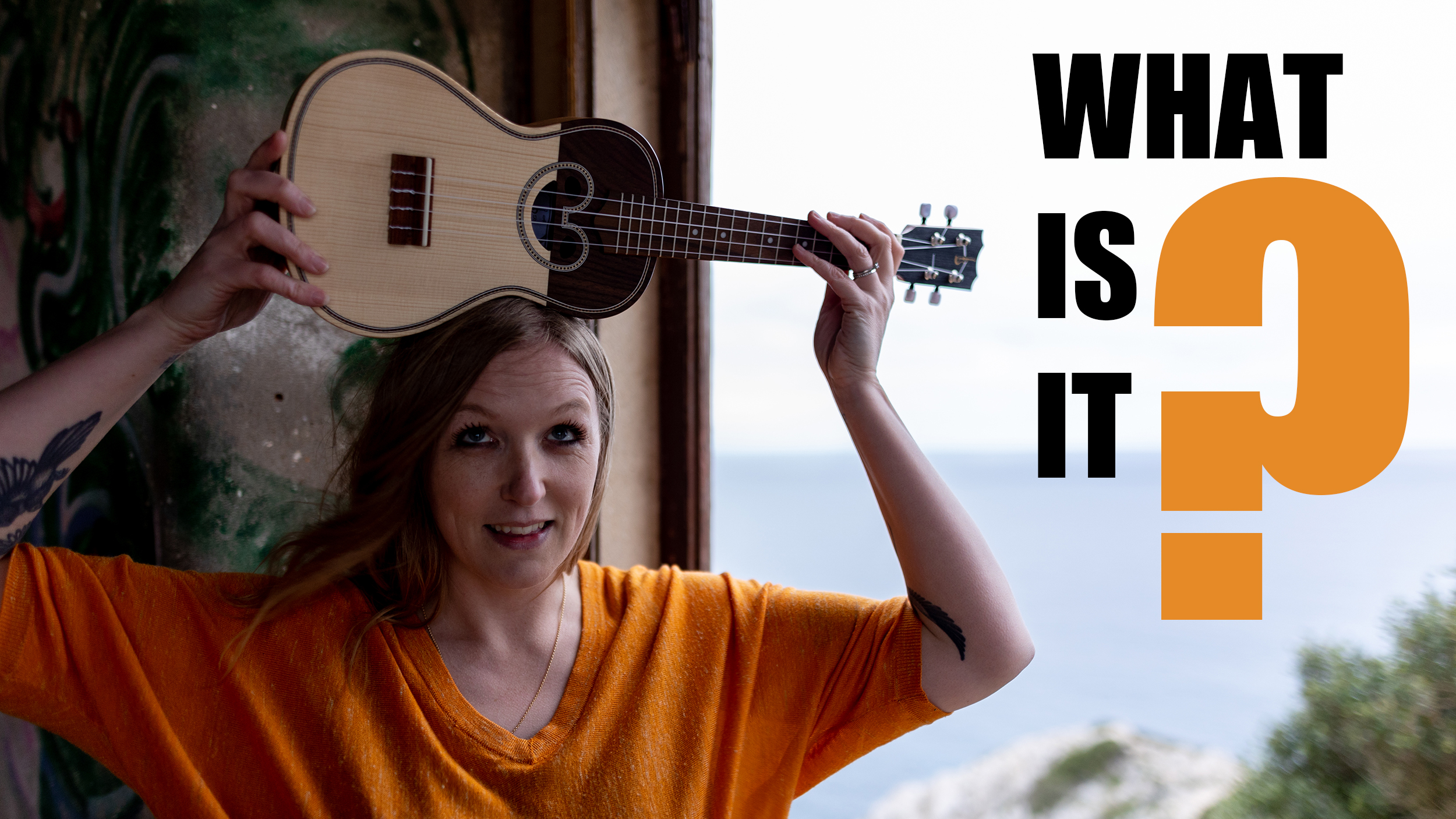
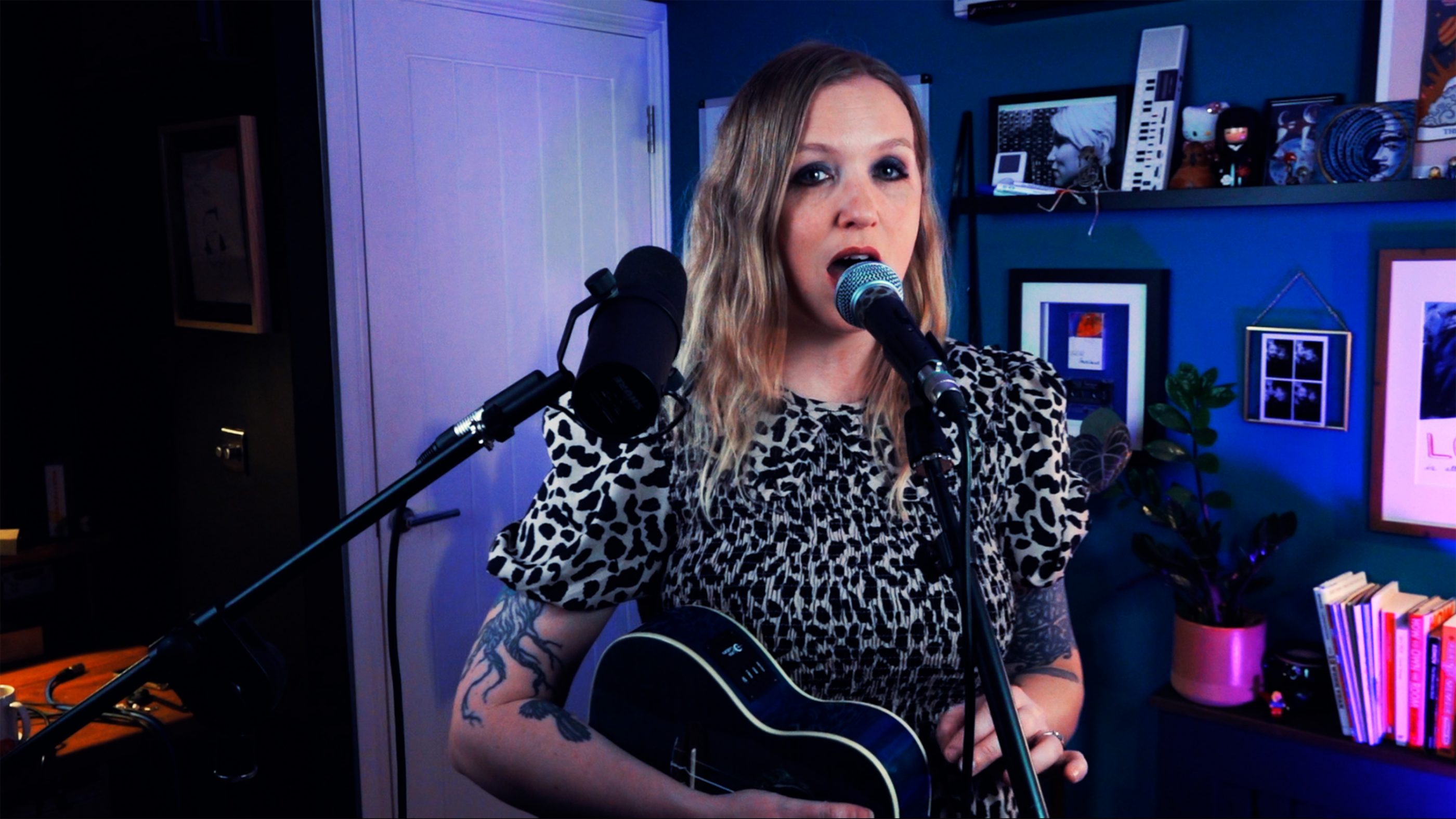
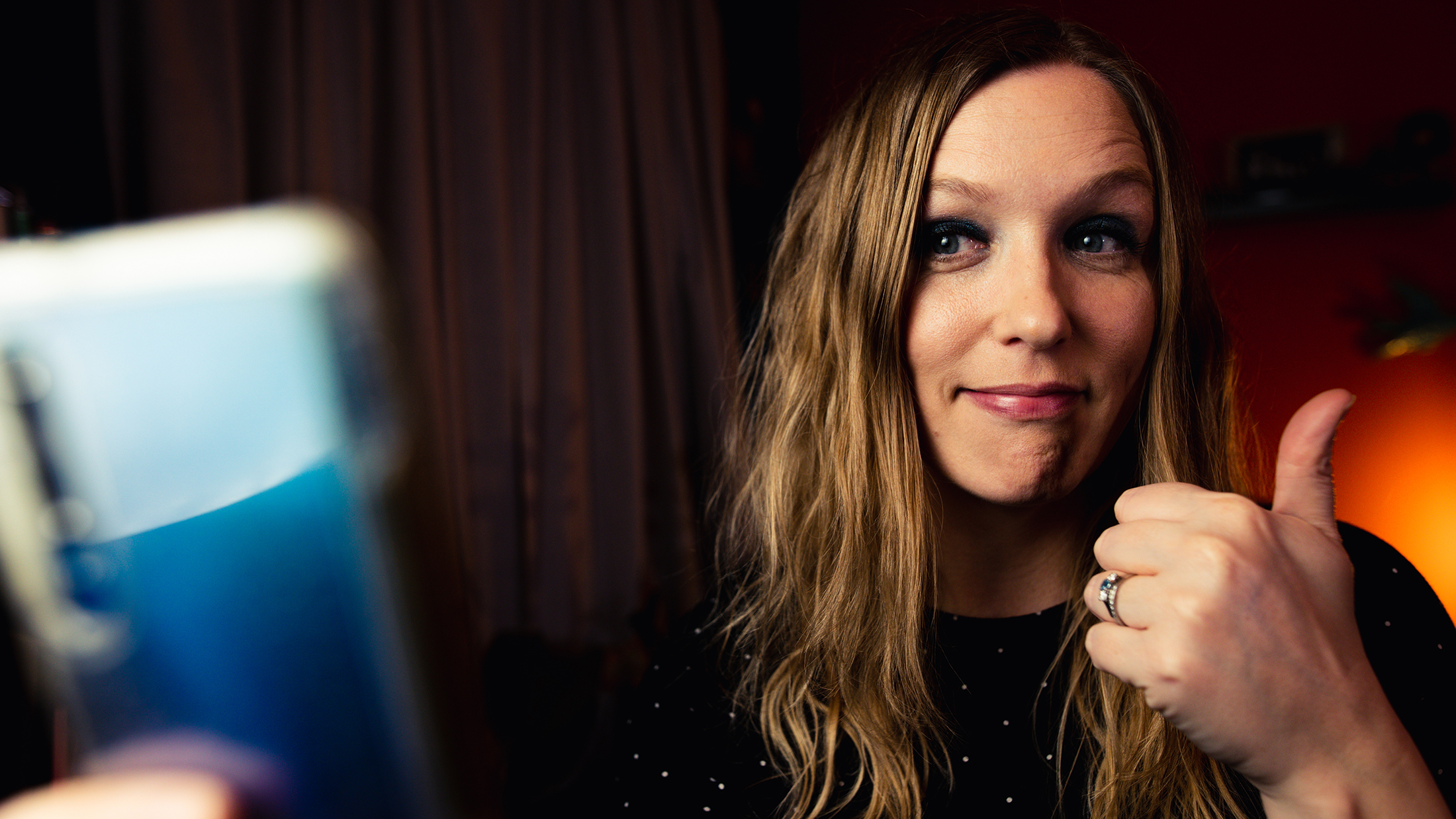
 ]
]